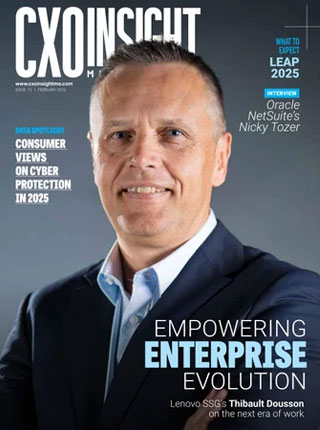Financial fraud in the Middle East and North Africa (MENA) region is becoming more sophisticated, particularly as services become increasingly digital-only. According to the Basel AML Index 2021, the region’s effectiveness in preventing ML and terrorism financing (TF) is just 32%. Enforcing anti-money laundering (AML) and counter financing of terrorism (CFT) measures is a bit more effective at 40%, but still, this level of success is insufficient.
Countries like the United Arab Emirates (UAE) are taking steps to combat this ever-growing challenge. The UAE recently established the Executive Office of Anti-Money Laundering and Counter-Terrorism Financing. The office declared that in 2021, authorities confiscated Dh2.33 billion as part of an intensive clamp down on financial crime.
However, fraud is constantly evolving. Historically, card breaches were one of the most “successful” types of fraud, but today, the advanced verification methods make it much harder to commit. Instead, fraudsters often use social engineering and scams, to deceive individuals or corporates into either giving up their credentials or initiating a payment to a fraudster’s account.
Concurrently, the rise of digital banking across the world continues unabated. A recent market study published by Global Industry Analysts Inc. predicts that the global market for digital banking, estimated at US$18.1 billion in the year 2022, will reach a revised size of US$30.1 billion by 2026. As digital banks continue to expand and grow internationally, they need to implement effective money laundering and terrorist financing prevention processes which can function digitally and across markets. Rather than implement this themselves, a more effective strategy is partnering with fintechs who specialise in fraud prevention.
Solving challenges with specialised partners
When it comes to combatting fraud digitally, data is key. Digital banks produce a lot of data. However, the right processes and technology are required to utilise that data properly to truly understand who they are doing business with. There are several fintechs who specialize in helping banks to do this effectively. Solutions like Clari5, enable banks to benefit from real-time financial crime management, empowering them to understand which of their clients may be involved in money laundering or terrorist financing and act accordingly.
Another big challenge faced by banks is that new fraud scenarios are emerging frequently and rapidly. As most fraud solutions rely on fraud rules, it can be difficult to identify and prevent new attempts. This leads to financial losses from refunding customers and potential reputational damage. Moreover, the high numbers of false positives from traditional fraud systems significantly impact the customer experience. With payments, for example, as volumes increase conventional anti-fraud solutions need to single out more payments for fraud investigation, meaning banks need to have bigger teams to follow up with customers. Managing and expanding complex rulesets add to this cost as well.
An example of a fintech which tackles these challenges is NetGuardians, available on FusionFabric.cloud. Rather than using rules that only detect known fraud scenarios, the solution focuses on customer behaviour and AI. Banks have the capability to understand how their customers behave – including how much money they usually send to whom and from which devices. It is an approach based on understanding the current payment in the context of the customer’s historical behaviour while scoring it in real-time to determine if the payment is unusual.
Digital banking is on the rise in the UAE and across the world, and it’s showing no signs of slowing down. If digital banks want to ensure continued growth, implementing the right solutions to combat fraud effectively is key. Rather than implementing these processes themselves, which can be costly and time-consuming, partnering with fintechs can help digital banks utilize specialist anti-fraud solutions which allow them to focus on what they do best.










Discussion about this post